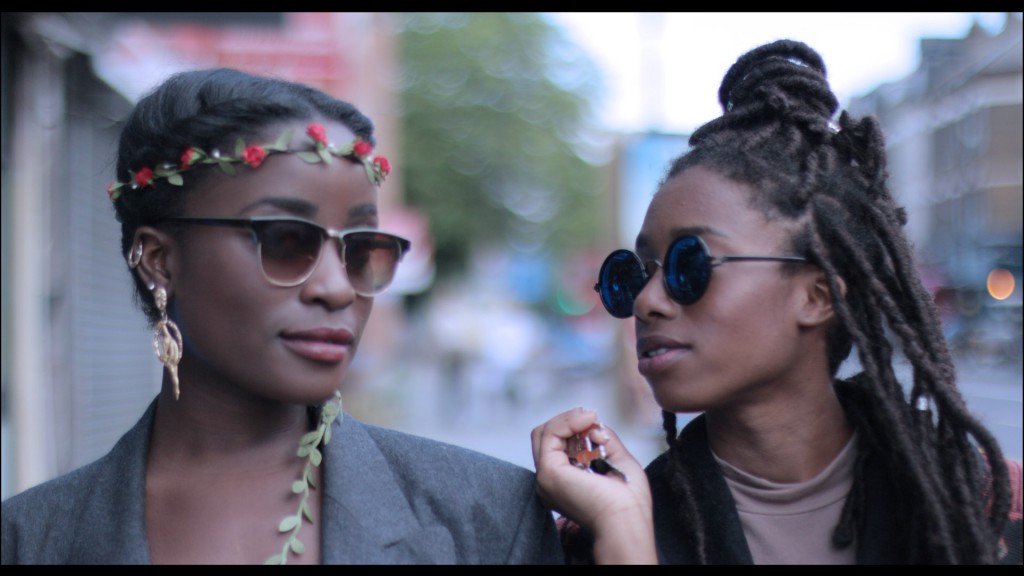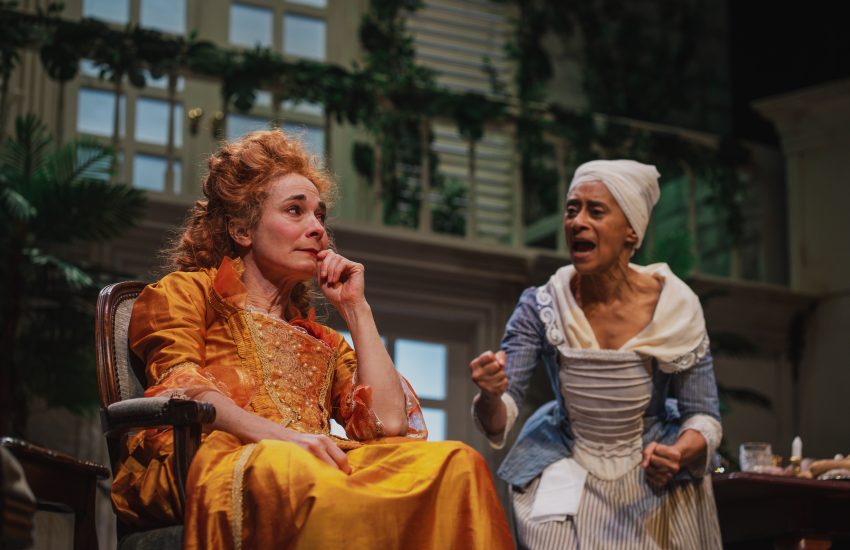Strolling: Feminism, Filmaking & Flaneuring with Cecille Emeke
Cecille Emeke personifies the next generation of creatives. At only 22, after quitting a degree in mathematics (despite being on target for first class honours) and with no formal training, she is producing visually stunning short documentaries about life and identity at a time when TV seems to have lost its edge. Afropean’s Johny Pitts went for a short stroll with a precocious talent who defines the term ‘one to watch’.
[youtube_sc url=”https://www.youtube.com/watch?v=-065MzkR8E8″]
Johny Pitts: The ‘strolling’ interviews are, by their nature, very dynamic. Where did the concept come from?
Cecille Emeke: I wanted to capture the essence of conversations I was already having with friends and interesting people I would meet. Naturally, these conversations would happen on the go or while we were doing something. So the dynamic approach of interviewing while on the move seemed like a good fit.
JP: What kind of conversations were you having, and what inspired you to want to share them with the world?
CE: Conversations about current events and personal experiences, mainly… everything really. For example the other day my Oyster card wasn’t working and the guy working at the station told me “It’s probably because you’re not smiling. Show me that beautiful smile and I’ll sort it out for you darling.” Or a while back when news broke about the 200 girls being kidnapped in Nigeria, I got a BBC alert about Madeline McCann who was kidnapped 10 years ago, but I got nothing about these 200 little black girls who had just been kidnapped. Things like that will happen and then I’ll tell one of my friends about it and we’ll have a long 2 hour conversation about street harassment, or micro aggressions and the subtleties of racism. They are always interesting and really affirming conversations, and I thought it would be great to be able to affirm infinitely many others by capturing them on film. So I think it was the desire to affirm other people who might think similarly that really inspired me to start capturing these conversations.
[youtube_sc url=”https://www.youtube.com/watch?v=V6x1L8XvyKM”]
JP: Would you say that Afro-European identity and feminism are two particularly important topics to encourage dialogue with? And what other issues are close to your heart as a young black female director? Do you see yourself as such?
CE: Yes I definitely think that Afro-European identity is an important subject to talk about in order to break the myth of homogeneous black culture, and so people can form identities that fully encompass who they are, not who people want/imagine them to be.
Feminism and patriarchy are definitely things I think everyone should be talking about, given it’s one of the most intimate and insidious forms of oppression. John Stuart Mill articulated it perfectly when he said “social tyranny [is] more formidable than many kinds of political oppression… It leaves fewer means of escape, penetrating much more deeply into the details of life and enslaving the soul itself.” It was also him who said patriarchy would be one of the last systems to be dismantled because of its ingrained and normalized nature. I agree, and I think conversations need to happen because men and women alike don’t even think it exists, and there needs to be a realization before any global, long lasting dismantling can happen.
But I’m passionate about a lot of other conversations, too, such as those centred on mental health, capitalism, education, food, health and a whole other bunch of things.
I do see myself as a young, black, female director though. In this world I think society tries to give you two options: you’re limited to being a niche, black director or you can just be a director, as long as you never acknowledge the various elements of your social reality. So there is pressure to take off my blackness and womanhood so that I am more widely accepted. But I definitely identify as a black, female director 100 percent, though I also won’t let people limit me to their idea of what that means.
JP: As a young filmmaker, considered a part of ‘Generation Y’ where do you see the media industry going and what kind of mediums do you see yourself working with? Is TV still the ‘Mecca’ or is it now all about DIY content online, cutting out the middle ‘man’?
CE: What do you mean by Generation Y? I’ve never heard of that before (laughs)
JP: Well, according to Wikipedia, they are the portion of the population born between the early ’80s and the early ’00s, those of us born into the ‘digital age’.
CE: I don’t know for sure where the media industry is going, but I know personally I find online material more engaging than British television at the moment; I barely watch TV. But I do see myself working in television, either here or abroad, and I definitely see myself getting involved in feature films. I think there are a lot of fellow writers and directors who are about to make TV interesting again. I think I’ll always be involved with online content simply because it is the most accessible and I like the idea that potentially content can be viewed anywhere in the world, with no restrictions or compromises.
JP: So where would you like to take ‘Strolling’? What’s the next step?
CE: I want to take ‘Strolling’ around the world, so the next step is finding funding so that we can go to everywhere from France to China, and have an individual ‘Strolling’ series for each different country. The next stop is going to be France. I’m excited to give people a platform to tell their own stories and to learn from all of them.
https://www.youtube.com/user/cecileemeke



